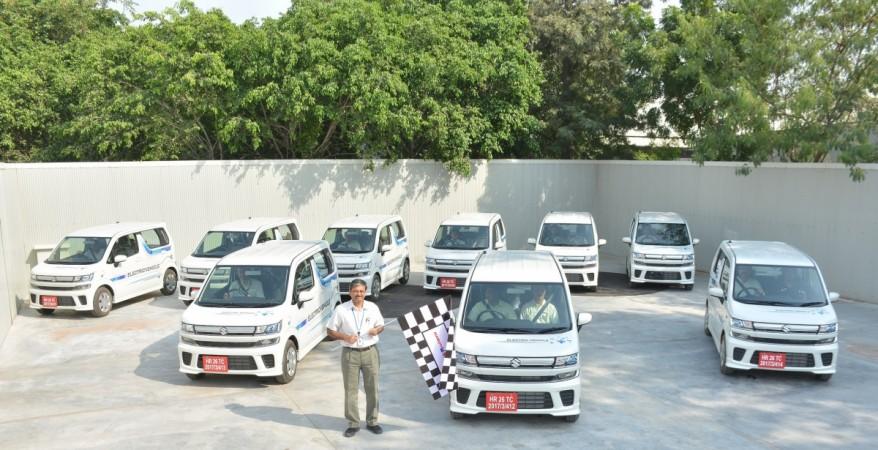
Buyers of petrol and diesel vehicles may have to pay an extra green cess as the government is planning to tweak its electric and hybrid vehicles promotion strategy.
The government plans to revamp the Fame-India (Faster Adoption and Manufacturing of Electric and Hybrid Vehicle) scheme to shift the focus away from subsidies, according to reports.
The scheme under which the government has disbursed Rs 305 crore to about 2.6 lakh vehicles is set to end on March 31, 2019. The government launched it on April 1, 2015, initially for two years. It extended the scheme four times, each time by six months, after the initial period ended on March 31, 2017.
The scheme has so far helped save 3.75-crore litres of fuel preventing the release of 9.37-crore kg of greenhouse gas carbon dioxide.
Though the government earlier indicated it would launch Fame-2 once the current period of extension end on March 31, 2019, it is yet to release the details. Instead, it has been pushing the production of lithium-ion batteries that are necessary for electric vehicles.
The new approach will be to use the funds raised from the green cess to provide infrastructural incentives to producers of electric and hybrid vehicles, news reports say. The calculation is that increasing cost of owning petroleum-fuelled vehicles will encourage prospective owners to look at electric and hybrid options.
This will help the authorities reduce the direct subsidy on electric and hybrid vehicles, including two and three-wheelers, under the Fame scheme.
"Instead of increasing the finance department's burden of providing subsidies to electric vehicle buyers through a timeless scheme of incentives, the government is actively considering putting a green tax on all petrol and diesel cars," MoneyControl website reported quoting a source.
The subsidies that the government pays range from Rs 7,500 on low-power electric scooters to Rs 61 lakh on hybrid buses and nearly Rs 1 crore on fully electric buses.
The sales of electric vehicles have begun to pick up only from mid-2017. Automakers have been reluctant to launch bigger cars and SUV powered by an electric motor because of the high initial cost that might deter buyers.
"An additional Rs2,000 or Rs2,500 on a car or Rs300 on a two-wheeler will not put any significant burden on the buyers, but will generate a huge corpus for the government," the source said.








